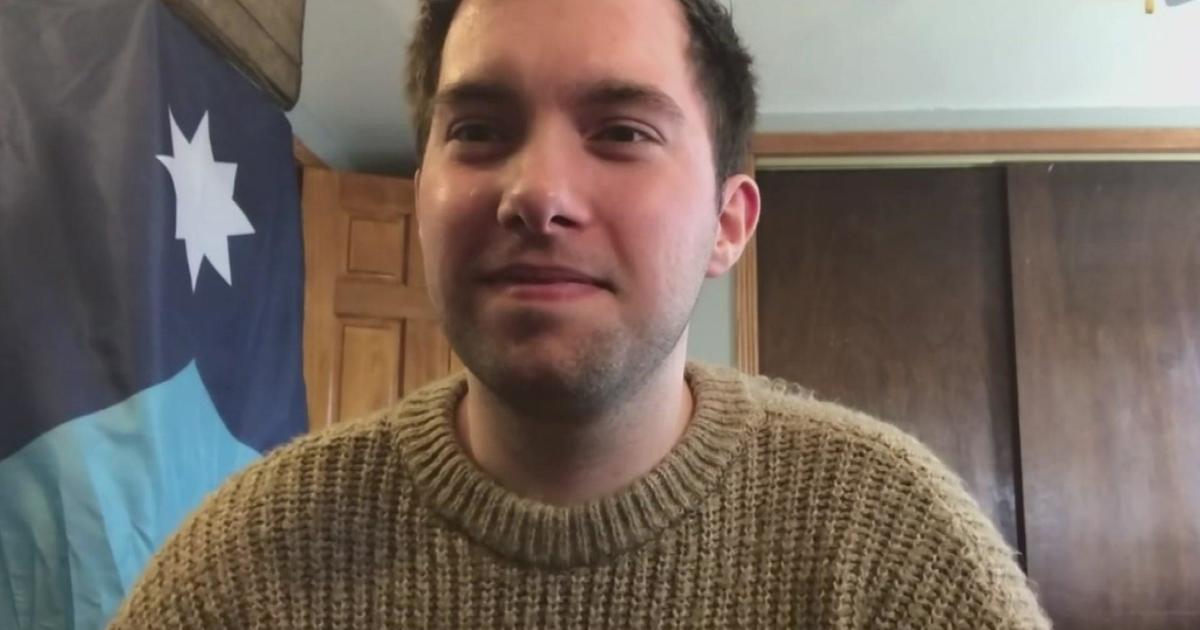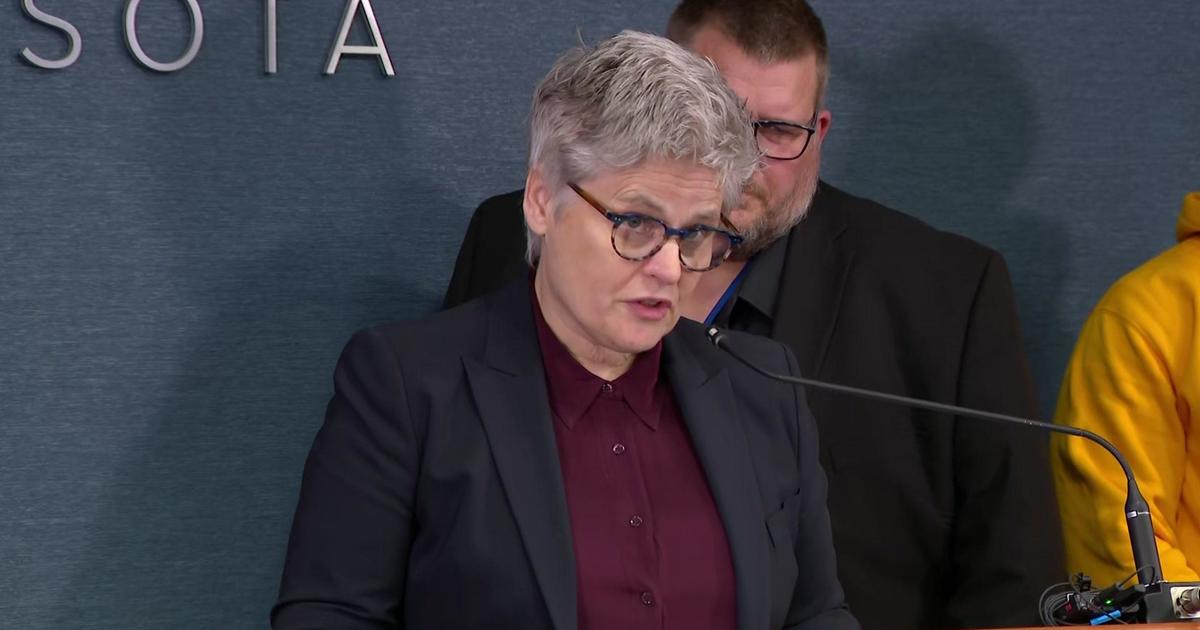Figuring Out 'Driving Retirement' For A Loved One With Alzheimer's
MINNEAPOLIS (WCCO) -- Taking the keys from a loved one with memory loss can be one of the hardest moves to make in the difficult journey.
For the last three years, WCCO-TV has been documenting Paul Quinn as his family navigates the early stages of Alzheimer's disease.
After a mix-up this winter, his wife felt it was time to test his driving skills.
"I just felt it was time to get an analysis and see how things are going," Peg Quinn said.
Kathy Kiefer, an occupational therapist and certified driving rehabilitation specialist, was asked to watch Paul behind the wheel.
"I'm going to see what I might need to assist him with, but I really want to see how safe he is driving alone," she said.
Kiefer's largest patient population is people with memory loss.
Over the winter, after Paul showed up at a stranger's house instead of his daughter's, the Quinns knew they had to get a professional involved.
"That's the big red flag for driving retirement, when the driver gets lost on familiar roads," Kiefer said.
Peg started to restrict Paul's driving, keeping him local and off highways.
"I was getting more nervous about things, and I wanted an outside opinion about how things were going when I wasn't around," Peg said.
Kiefer's driving test begins with her going over the workings of the car, then it's Paul's turn.
Next, Paul performs some parking maneuvers, as well as right and left turns.
"Then we'll start going to the locations that Paul wants to continue to drive by himself to," Kiefer said.
Destinations include the grocery store, barber and the senior center in Stillwater.
All the while, Kiefer is testing Paul on the rules of the road.
There are times he forgets the instructions.
But Kiefer continues to note how well Paul follows traffic laws and signs.
Kiefer noticed his memory condition more through their conversation than from what he did behind the wheel.
"You're an aggressive driver, but you didn't make any mistakes," Kiefer said.
It's why she recommends the Quinns stick to the plan: Paul stays close to home, less than 10 miles max, when driving alone.
Also, no driving at night or on the freeway.
"Nothing's changing today," Keifer said.
She believes it's most important to accept this as an on-going conversation.
"The time that [Peg is] feeling she doesn't want anyone to drive with him but herself or that she worries about him from the time he leaves the driveway to the time he comes back, that's kind of a time to say it's time to retire," Kiefer said.
She encourages families to make the point that the decision to hang up the keys is not personal.
"It's the disease we're talking about and we're not talking about the individual," Keifer said. "We really need to make safety the No. 1 priority."
The Quinns consider the driving test another stop along the way.
"We take it a little at a time," Peg said. "That's how it goes."
Experts say that one test usually isn't enough to figure out when restricted driving is necessary.
Kiefer suggests the Quinns re-evaluate and schedule another test in about six months.
For more information about dementia and driving, click here.



